1. simplifying
1.1. ”Real Learning is all about experience, practice, conversation, and reflections – no more, no less.” – Charles Jennings
1.2. 5 or 10-min limit for online courses (so snippets rather than monolithic courses)
1.3. encouraging ppl to talk more and write less
1.3.1. facilitate conversation
1.3.2. create opportunities for interaction, discussion – and sense-making
1.4. put the minimum info to help the learner achieve it
1.4.1. respect the learner…they just want to do their jobs…give ’em only what they need…trim that
1.5. discovery in every formal program
1.6. making it easy for employees to quickly make screen casts and cam casts, and share with each other
1.7. don’t use a course if it’s an info update, use performance support; don’t use a course if the knowledge is volatile or the need is rare, connect to the subject matter network
1.7.1. only providing instruction when a significant skill shift is needed, not as the solution to all ills!
1.7.2. incorporating performance support in courses, not that it all has to be in the learner’s head
1.8. Set up FAQs
1.9. just walking around talking to people
1.9.1. Formal newsletters and meetings don’t convey the excitment of work in progress.
2. design
2.1. Make room for Pull. Empower learners to choose what they need to know, their sources, their networks. End the stream of irrelevant, easily forgotten top-down crapola.
2.2. be open to being asked for and giving assistance
2.3. use the least assistance principle: what’s the least I can do for you?
2.4. lite approach to design
2.4.1. designing less, and having learners discover more
2.5. infographics as job aids – they are visual and fun
2.6. put the task at the center (c.f. Cathy Moore’s action mapping)
2.7. give them tools to develop their own performance support, e.g. wikis
2.8. help people keep up to date with what’s happening OUTSIDE the organisation – in their industry or profession
2.9. start by giving simple guidelines & trusting people. It was the model used by the British Raj in India, when communications were difficult over a vast land: http://peter.evans-greenwood.com/2011/03/08/knowledge-workers-in-the-british-raj/
2.10. stop trying to have the flow go *through* the L&D unit, and have the L&D unit support the flow
2.11. building COPs but even then, I feel like we need someone ”in charge”. It just feels too chaotic otherwise though – and a legal minefield for compliance-related content.
2.11.1. The authority is the wisdom of the crowd. Many eyeballs keep the wiki on target
2.11.2. if the CoP is working properly, it should be self-policing, other SMEs should keep that one honest. And that’s also true re: courses, how do you know the SMES are accurate there?
2.12. Blogs & activity streams can really simplify complicated email threads. Everything, including comments, is on one thread.
2.12.1. Yammer, Twitter, SocialCast
